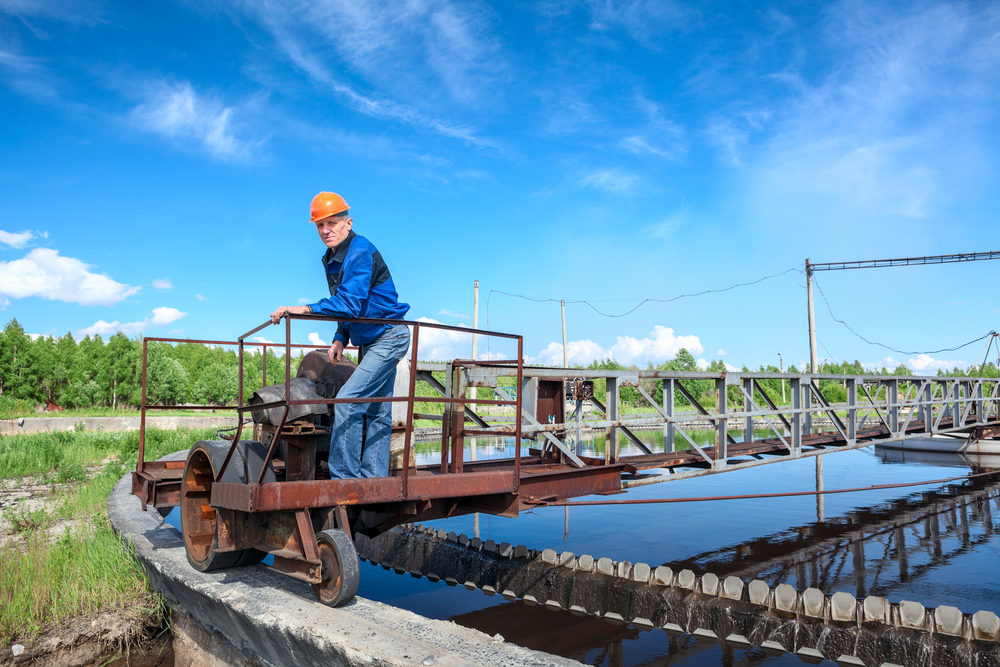The water and wastewater construction industry continues to confront a variety of unique challenges. Not only is it dealing with the ongoing skilled labor crisis, but it is also tasked with renovating outdated infrastructure around the US. The industry must also meet a growing demand for more effective and efficient water delivery systems.
Industry Challenges
Water & Wastes Digest highlighted some of the most complex problems that industry experts expect to encounter.
- Biological phosphorus removal followed by anaerobic digestion is a significant challenge. The associated systems are hard to run and expensive to maintain.
- Combined sewers are expensive to separate. More communities are opting for tunnel collection systems when upgrades are required. Drop shafts will become common in downtown urban areas to make cleaning up storm water more efficient.
- New materials are available today that were novel or nonexistent years ago. For example, duplex stainless steel performs better for centrifuge applications compared to regular stainless steel. Composites are becoming more common and have the advantages of light weight, cavitation resistance and corrosion resistance.
- Freshwater/wastewater systems have gotten more complex. There’s a growing demand for computer specialists working at waste treatment plants that have the knowledge of both the equipment and systems.
Wastewater construction recruiting firms are looking for candidates that can help to solve these obstacles going forward. The industry hopes to achieve less waste and better recycling of the resources in the future. Some potential solutions being discussed include combining water and waste treatment plants, closed-cycle systems, self-sustained water modules and special bacteria growing methods.
Infrastructure Projects
There are plenty of significant developments taking place in the water and wastewater construction industry lately.
- Texas-Crews recently broke ground on the largest water treatment plant in the world in Houston. The project includes a $1.35 billion expansion of a water purification plant. The new facility, which draws from Lake Houston, will be able to process five times the water it currently does, about 400 million gallons daily up from 80 million gallons currently, by 2024.
- New Hampshire-The town of Epping proposed a $2.9 million upgrade to its wastewater treatment plant that will be considered by voters in March 2018.
- The Water Infrastructure Finance and Innovation Act-The EPA recently announced a program that provides both freshwater and wastewater projects with a low-interest lending program similar to the Transportation Infrastructure Finance and Innovation Act (TIFIA) program. The WIFIA fund has $1.5 billion at its disposal and expects to field loan requests of more than $2 billion representing $5.1 billion of applicants’ project costs. Those projects include the categories of wastewater treatment, water recycling, sewer overflow and drinking water.
Are you ready to build your dream team?
The Birmingham Group is a tenured construction recruiting firm dedicated to helping you build your dream team. If you are ready to take a proactive approach to recruiting and retention, reach out today to discuss a custom recruitment strategy.






